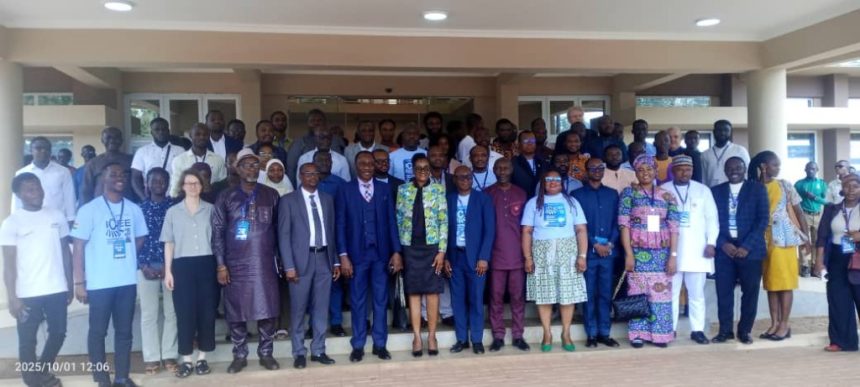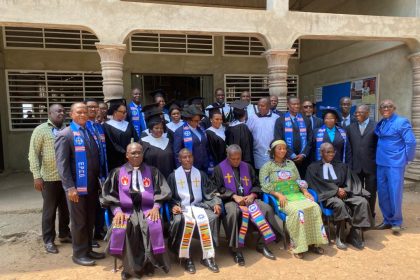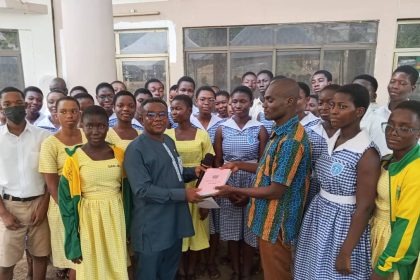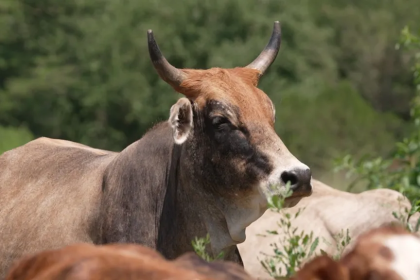Professor Dr Osvaldo Romero Romero, the Director of the Study Program, University of Applied Sciences, Berlin School of Technology, Germany has urged Africa to invest in energy technologies and support her millions of smallholders to process their crops for export.
He said adding value to farm produce remained the surest way the continent could liberate her millions of hardworking farmers from poverty and also widen its foreign exchange earnings as well.
That will facilitate accelerated growth and development of Africa and improve the lives of the people on the continent.
Prof Dr Romero noted that with those arable and fertile lands tailored to her annual abundance crop production, Africa governments leveraging energy technologies and investing much in energy tools and equipment would modernize and advance the continent’s agriculture sector.
He said global advancement in energy technologies come with smart agriculture practices, urging African governments to invest in machines like storage and cooling facilities, compressors and processors.
Prof Dr Romero gave the advice when speaking at the opening session of an International Conference on Energy and Technology (ICEE) being organised by the Regional Centre for Energy and Environmental Sustainability (RCEES) of the University of Energy and Natural Resources (UENR) in Sunyani.
RCEES is a World-Bank funded Africa Centre Excellence set to address critical energy and sustainability needs in Africa and beyond.
The three-day conference is on the theme “Engineering the Future: Smart Innovations for Sustainable Energy, Agriculture, Infrastructure, and Climate Resilience” and provides a common platform for multidisciplinary collaboration and fostering innovative solutions for a sustainable future.
It’s being attended by researchers, academics, industry professionals, policymakers, and students to deliberate and tackle emerging global and local challenges in energy, engineering, agriculture, and sustainability.
Prof Dr Romero indicated that Africa’s agriculture sector had huge prospects and could create millions of job opportunities for the youth and liberate the continent from wallowing poverty.
“So, governments in the continent must concentrate efforts and provide and produce energy for their farmers to add value to their food crops. Africa’s livestock sector is also suffering from heat stress and they can use energy to advance the sector too”, he stated.
Prof Elvis Asare-Bediako, the Vice-Chancellor (VC) of the UENR, said the institution remained proud to offer the platform for knowledge sharing and exchange and partnerships, saying the university remained at the forefront of energy and natural resource education in Ghana.
He said the transition to renewable energy as well as the need for resilient urban systems and pursuit of sustainable food production, and threats of climate change required intelligent responses.
Prof Kwadwo Adinkrah-Appiah, the VC of the Sunyani Technical University said ‘Smart Virtual Power Plant (VPP) Aggregation, Blockchain-Based Peer-to-Peer (P2P) Energy Trading and Adaptive Financing via “Energy as a Service” (EaaS)’ were approaches that could enable the nation to achieve her 10 percent target of renewable energy generation by 2030.
He said smart and renewable energy systems ought to transcend mere engineering, saying “they must be integrated into the fabric of society and grounded in ecological responsibility”.
Prof Adinkrah-Appiah said: “The urgency is acute as climate change stress rises, energy access inequalities persist, and ecosystems remain fragile.
These conditions make it imperative that the energy transition prioritizes renewable solutions tailored to local realities”.
GNA






